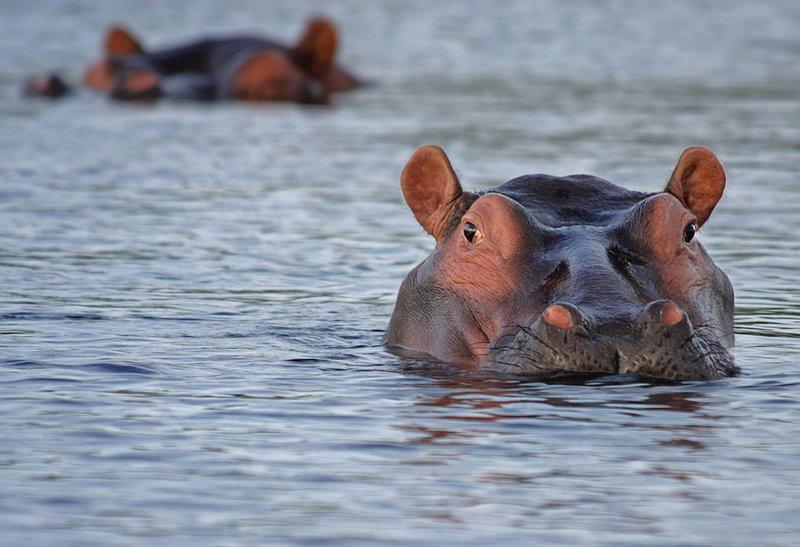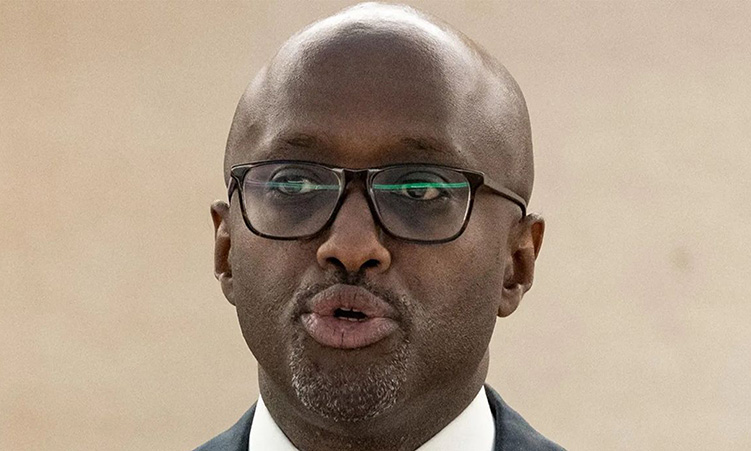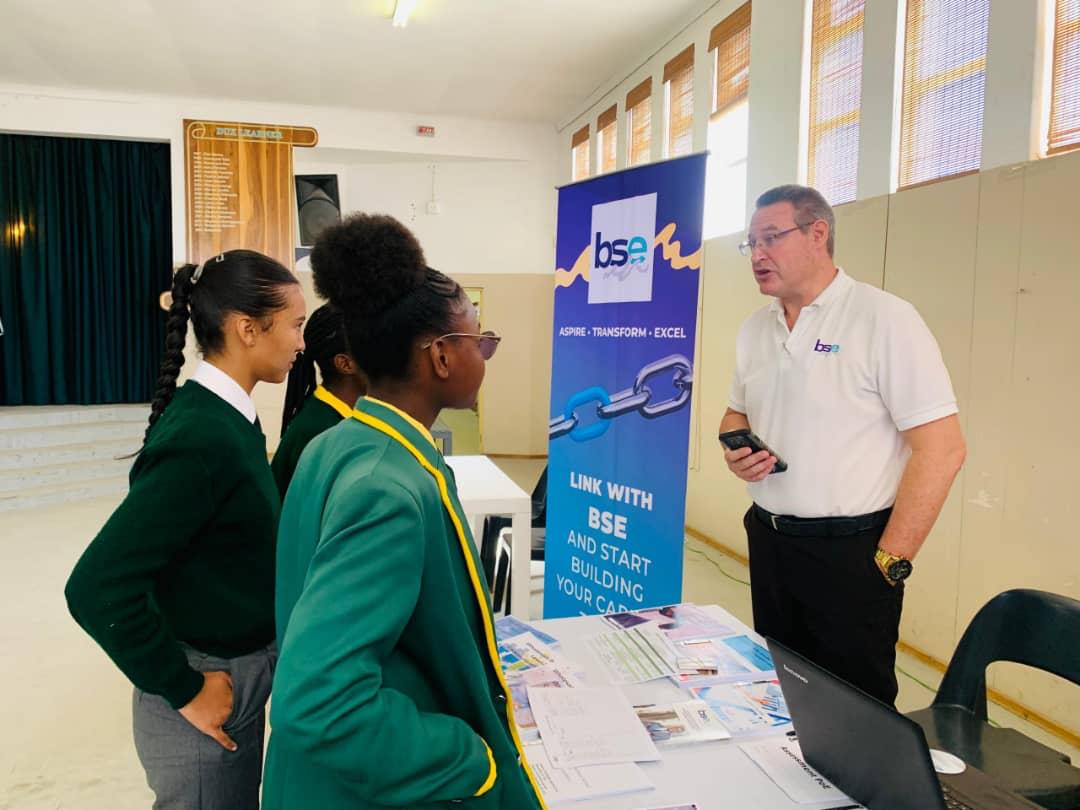RUTSHURU – Congolese and Rwandan troops advanced yesterday on the headquarters of Tutsi rebel leader, Laurent Nkunda, as Kinshasa used its neighbour to smother a rebellion in eastern Democratic Republic of Congo.
Rwanda sent thousands of troops into DRC on Tuesday as part of a joint agreement to eradicate Rwandan Hutu rebels based across the border and quench a revolt by Tutsis against Kinshasa.
While the Rwandan Hutu militia have threatened Kigali’s Tutsi government for more than a decade, Nkunda’s forces, which Kinshasa alleged were supported by Kigali, split recently and his rebellion seems to have collapsed. A battalion of Rwandan infantry, heavily armed and carrying their national flag, led the way for Congolese troops as they closed in on Nkunda’s Bunangana headquarters, about 30 kilometres east of Rutshuru, near the Ugandan border. The Rwandan army twice occupied eastern Congo in the 1990s in its battle against the rebels of Rwandan Democratic Liberation Forces (FDLR) and its return has sparked alarm among local inhabitants, aid agencies and the UN peacekeeping force Monuc. ‘We are worried to see the FARDC (Congolese army) arriving with Rwandan soldiers who they were fighting against before,’ said a mother of five in Rutshuru. Monuc, mandated to protect the civilian population, said its patrols were allowed to resume yesterday, after the Congolese army blocked their access to the joint-operation area for the previous two days. ‘Everything is back to normal and there are no blockages,’ said Monuc spokesman Lieutenant-Colonel Jean-Paul Dietrich. Nkunda, a Tutsi ex-general, has been silent since top commanders of his National Congress for the Defence of the People (CNDP) movement defected and went over to Congolese forces last week, saying their conflict with Kinshasa was over. Rebel chief of staff Bosco Ntaganda claims to have removed Nkunda as the CNDP leader and put his forces at the disposal of the allied armies to fight their common enemy, the FDLR. The rebels control much of eastern Congo but since Tuesday they have been cooperating with the Congolese army, which said yesterday it had regained control of the town of Kiwanja, lost to a CNDP offensive last October. Both countries want to finish off the FDLR, which took refuge in DRC after participating in Rwanda’s 1994 genocide which saw the slaughter of 800 000 Tutsis and moderate Hutus. Kigali blamed Kinshasa for failing to disarm the 6 000-strong Hutu force, which has been at the root of more than a decade of distrust between the neighbours, who finally signed a pact in December. The Congolese army on Wednesday urged the FDLR and other armed groups in eastern Congo to surrender, and so far no fighting has been reported. However, FDLR leader Ignace Murwanashyaka warned the rebels would defend themselves if attacked. But aid agencies like the United Nations Children’s Fund (Unicef) and local people have expressed concern the advancing military forces would fail to differentiate between locals and FDLR combatants. ‘The FDLR are in living in the bush. How are the Rwandan soldiers going to tell the difference between civilians and the FDLR,’ said a 43-year-old farmer. Unicef raised the same concerns in a statement on Wednesday. ‘Taking into account that the FDLR are established in the area for 15 years, their relationship with the population is important. At the same time, the coalition is unlikely to respect the distinction between combatants and non-combatants,’ it said. – Nampa-AFP
Stay informed with The Namibian – your source for credible journalism. Get in-depth reporting and opinions for
only N$85 a month. Invest in journalism, invest in democracy –
Subscribe Now!










